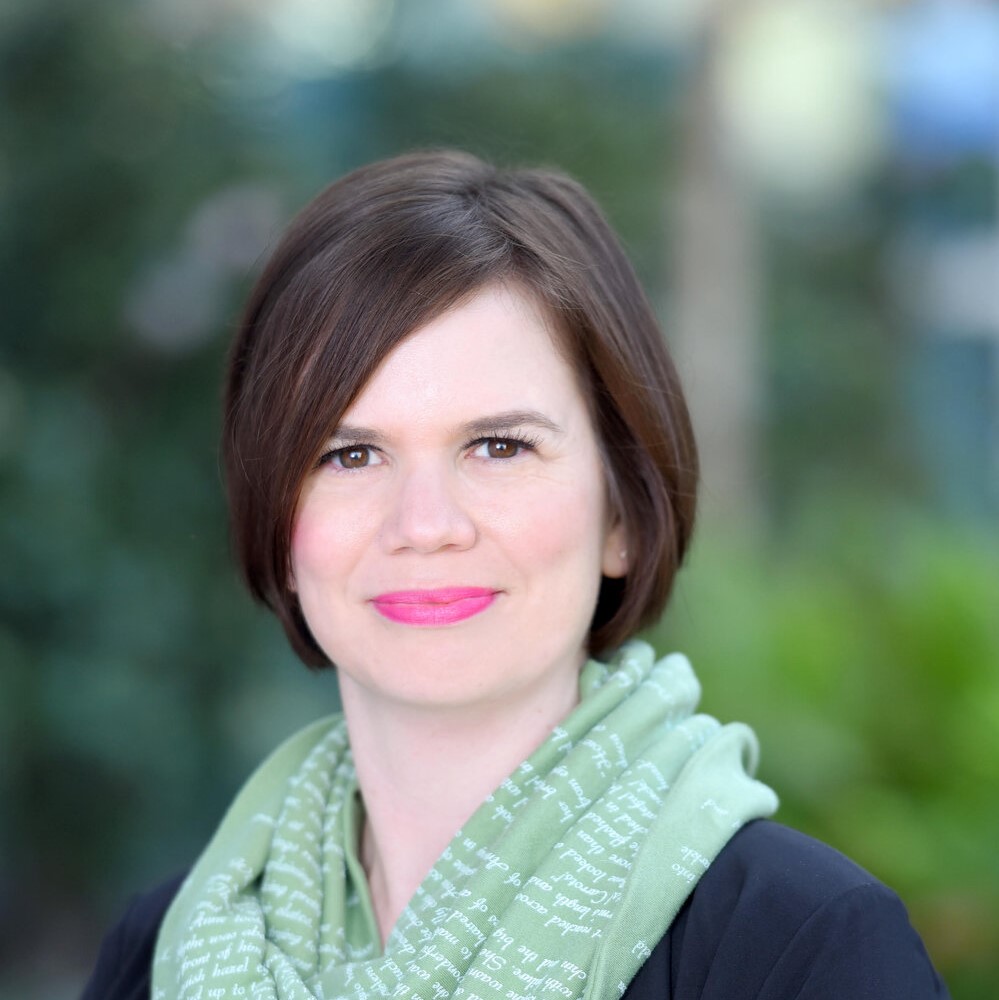Evidence-Based Practice
Learning Objectives
At the end of this course, participants should be able to:
- Develop a focused PICO-based question relevant to their clinical practice
- Define and explain the role of bias in at least one study type included in the evidence-based pyramid
- Name an information resource and how it contributes to evidence-based practice
Intended Audience
This online course is designed for pediatricians and family physicians.
Abstract
This online course has been designed with all healthcare providers in mind, as all clinical work can benefit from the evidence-based practice framework. Physicians and other providers all over the world struggle with keeping up to date with emerging evidence and changes in practice while at the same time struggling to manage their caseload and ensure time with patients. Armenian clinicians are no exception to this struggle and will benefit from integrating the evidence-based practice (EBP) framework into their everyday practice. Evidence-based practice is defined as the conscientious, explicit, and judicious use of current best evidence in making decisions about the care of individual patients. It may be helpful to think of evidence-based practice as what it is not. Evidence-based practice is the opposite of eminence or expert-based practice. Rather than relying on rote memorization or the prescriptive implementation of guidelines, evidence-based practice focuses on both internal and external factors in the physician-patient decision-making process: the best available evidence, the clinician’s expertise, and the patient’s values. By routinely asking questions, acquiring and appraising evidence, and applying to their clinical practice, Armenian physicians will be able to close the gap between evidence and practice and minimize variations in practice and improve the overall quality of care.
Assessment and Earning CME Credit
This course in English is not CME-accredited. However, it provides valuable educational content that can enhance your knowledge and skills in the subject matter. To receive CME credit for this course in Armenia, you must take the course in Armenian and complete the post-course quiz. You have three chances to achieve a passing score of 70%. Once you pass the quiz, we will send your information to the Armenian Ministry of Health for credits.

Lynn Kysh, MLIS, MPP
Lynn Kysh is a health sciences librarian with over a decade of experience which has included working in the academic setting at the University of Southern California and the clinical setting as the solo librarian at Children’s Hospital Los Angeles (CHLA). She received her Master of Library & Information Science from the University of California, Los Angeles (UCLA) in 2012 and her Master of Public Policy from the same institution in 2020. Lynn is currently the Head of the Blaisdell Medical Library at the University of California, Davis where she manages library strategy, resources, and services that support the education, research, and clinical work of UC Davis Health, including the UC Davis School of Medicine and the Betty Irene Moore School of Nursing. Her professional interests include improving the quality of evidence syntheses, contributing to clinical informatics training in low- and middle-income countries, and promoting clinician wellbeing through the incorporation of the arts and humanities in education and practice.

